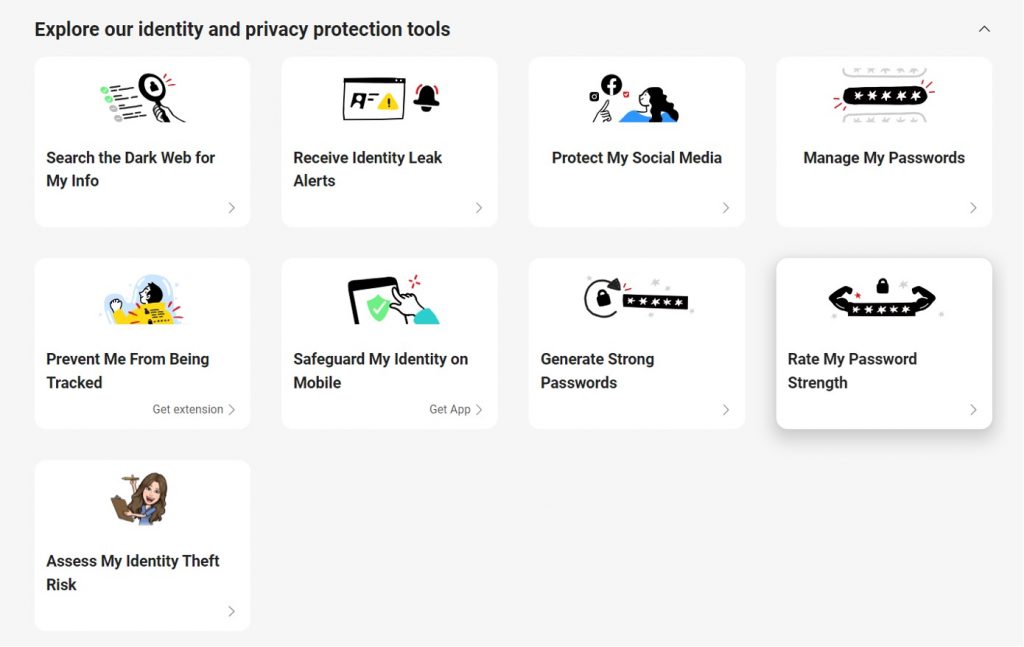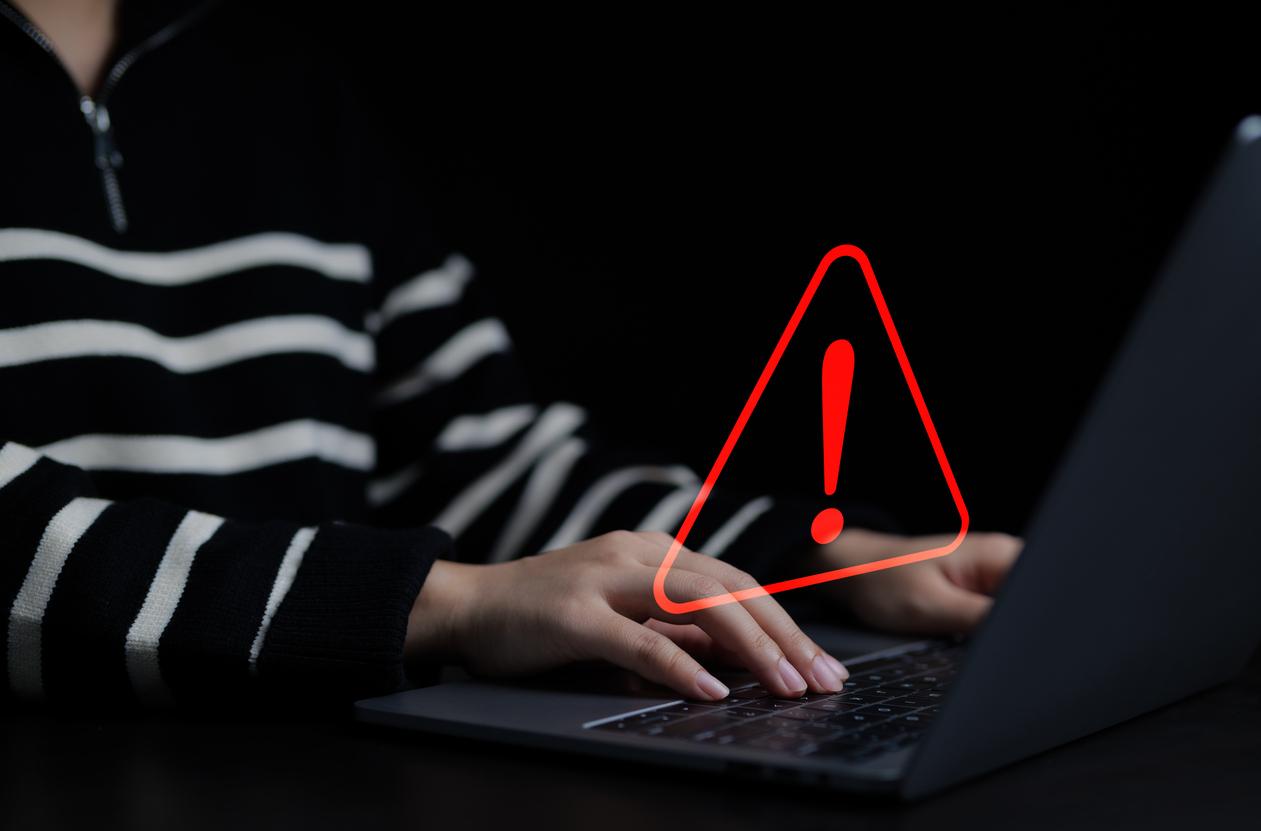The term “data breach” has become a household phrase in today’s digital age, where data reigns supreme. Individuals, high-level enterprises, and governments can all be affected by data breaches. But what is a data breach, and why should you be worried about it?
Data Breach vs. Data Leak
While the terms “data breach” and “data leak” are often used interchangeably, they carry different implications. A data breach occurs when an unauthorized individual gains access to view or acquire confidential, sensitive, or protected information without the user’s consent. On the other hand, a data leak is an unintentional exposure of data due to misconfiguration or human error.
How Bad is a Data Breach?
The impact of a data breach can be severe, both financially and reputationally. According to the IBM Cost of a Data Breach 2022 report, the global average cost of a data breach is $4.35 million, with the United States experiencing an average cost exceeding $9.44 million. The costs associated with data breaches include lost business, revenue, and customers, amounting to an average of $1.42 million. Detecting and containing a breach is slightly more expensive, averaging $1.44 million. Post-breach expenses, such as fines, settlements, legal fees, reporting costs, and providing free credit monitoring to affected customers, cost an average of $1.49 million.
How to Know if You’re Affected by a Data Breach
Determining if you’ve been affected by a data breach early is crucial for minimizing its impact. Here are several signs that may indicate your information has been compromised:
- Notification from an organization: Organizations experiencing a data breach are legally obligated to notify affected individuals. Pay attention to any breach notifications and follow the recommended steps.
- Unusual account activity: Monitor your financial accounts for any suspicious and unauthorized transactions or activity, including new accounts opened in your name or changes to your account information.
- Phishing emails: Be skeptical of unsolicited messages or emails requesting personal information or payment.
What to Do if You’re a Victim of a Data Breach
If you suspect that your data has been compromised in a data breach, follow these steps:
- Change your passwords: Update your passwords for all affected online accounts immediately and use strong, unique passwords. Consider using a password manager to store your passwords securely.
- Enable two-factor authentication: Add an extra layer of security to your accounts by activating two-factor authentication.
- Contact affected organizations: Inform your bank or credit card issuer immediately if the breach affects financial accounts so they can assist you in securing your accounts.
- Monitor your accounts: Review your credit reports and financial statements frequently for any signs of fraud.
- Consider credit monitoring services: These services can help you watch for any unusual changes in your credit history or any fraudulent activity related to your personal information.
- Stay informed: Follow news related to the breach to stay informed about any further developments and potential risks.
Remember, staying vigilant and taking proactive measures can help mitigate the impact of a data breach.
Protecting Your Identity and Personal Info
Compromised personal data can have serious consequences, including identity theft, financial fraud, and job losses. The best thing you can do is a) have reliable cybersecurity protection, and b) ensure you will find out ASAP in the event of being affected. We would encourage readers to head over to our new FREE ID Protection platform, which has been designed to meet these challenges.

With ID Protection, you can:
- Check to see if your data (email, number, password, credit card) has been exposed in a leak, or is up for grabs on the dark web;
- Secure your social media accounts with our Social Media Account Monitoring tool, with which you’ll receive a personalized report;
- Receive the strongest tough-to-hack password suggestions from our advanced AI (they’ll be safely stored in your personal vault);
- Enjoy a safer browsing experience, as Trend Micro checks websites and prevents trackers.
All this for free — why not give it a go today? As always, we hope this article has been an interesting and/or useful read. If so, please SHARE it with family and friends to help keep the online community secure and informed — and consider leaving a like or comment below.
0 Comments
Other Topics
